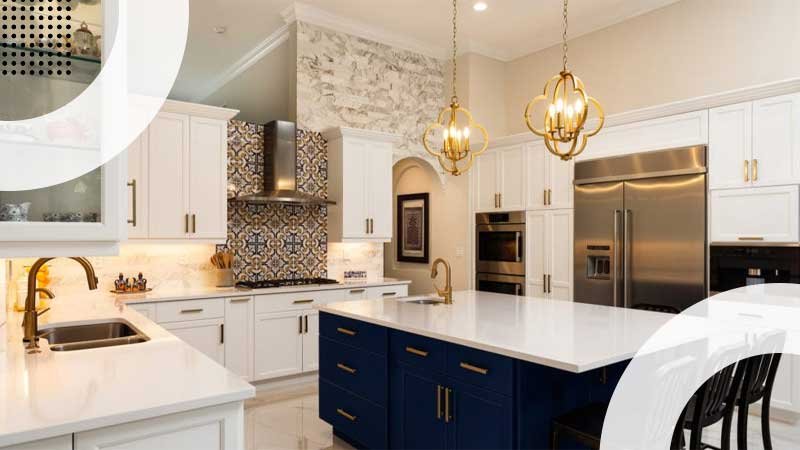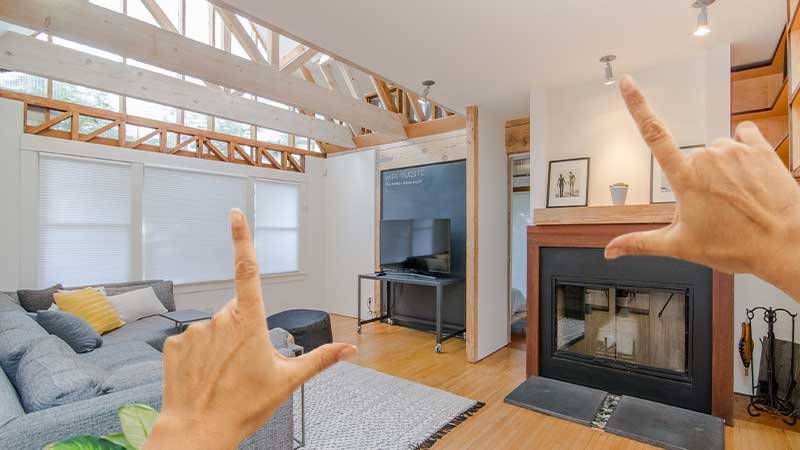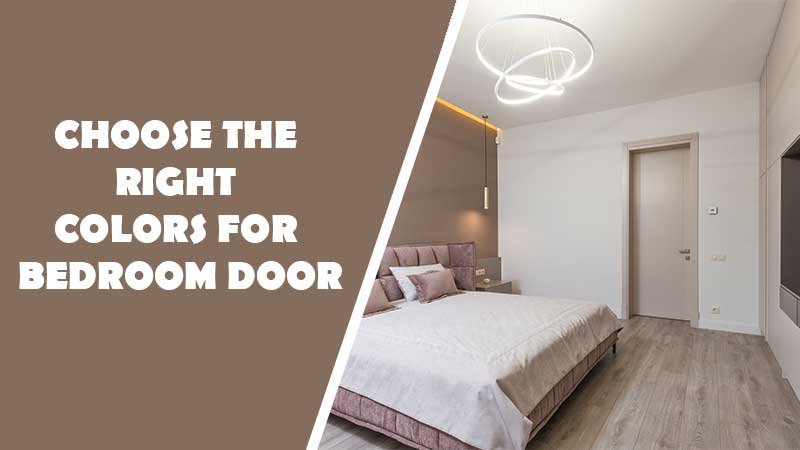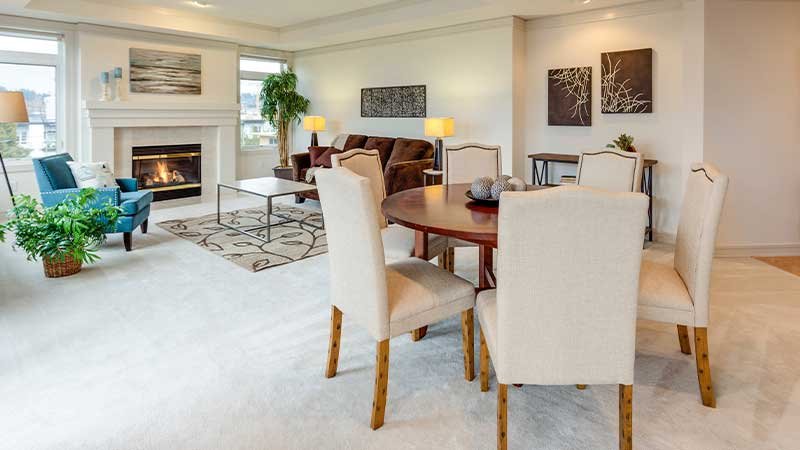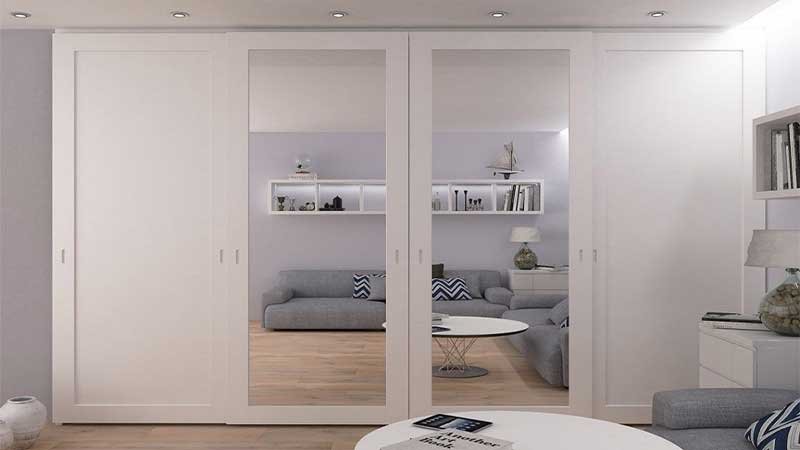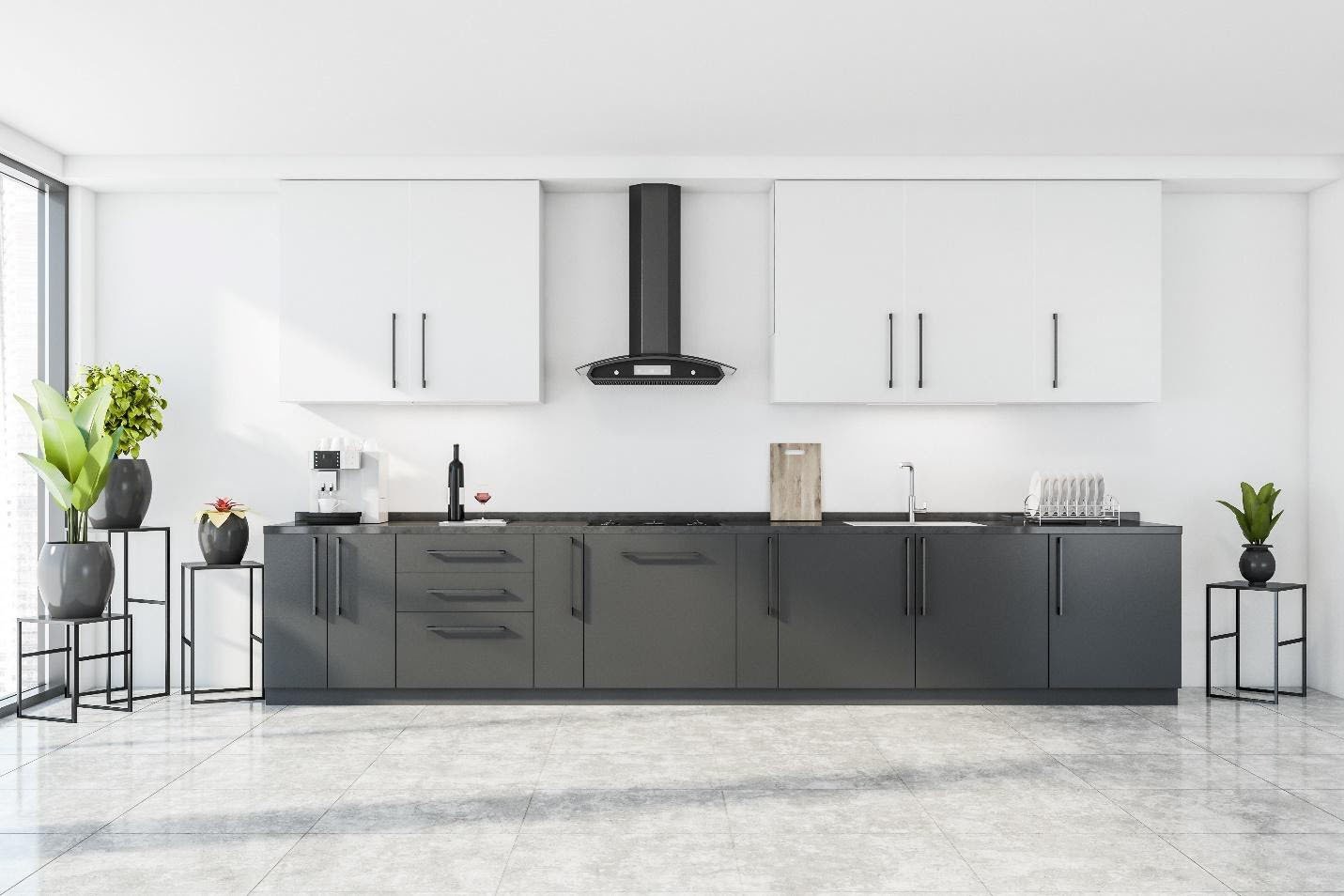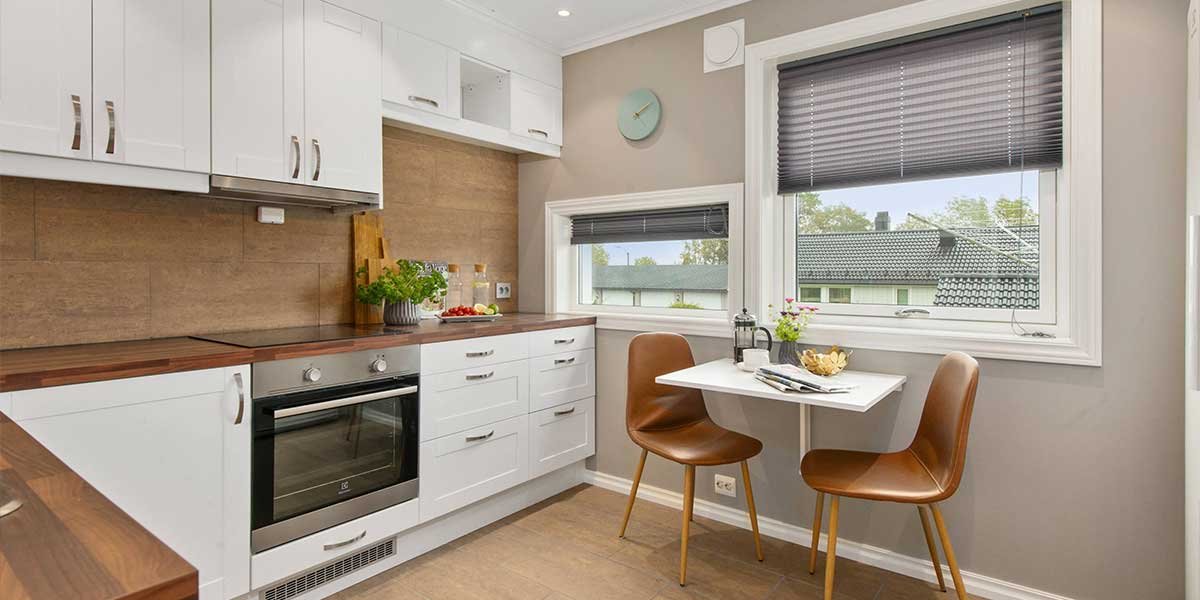Benefits Of Residential Treatment
Residential treatments have been the resort of many victims of mental disorder for years. Commonly called rehabs, residential treatments are mental hospitality home away from home. In this article, I will explain some of the most obvious benefits of opting for one of these residential treatment centers.
Building Walls; Your Little World
Residential treatment, as I mentioned previously, provides a residential facility, a homely hospital that is like a home away from home. It helps the individual to stay away from their previous life for a while to gain new perspectives, new insights, and even gain discernment. In other words, you are away from triggering elements, toxic people, and negative vibes or negative energy. Rather, you get to meet healthy people, people who are understanding, and individuals who are in the same position as you. At times, all one needs to be sane is to change one’s present environment and stay away from toxic people.
Hours Support
Unlike the situation in a regular hospital where you get to visit and leave the hospital all the time whenever you need support, in a rehab, you’re always within the facility and are therefore having medical support around you 24hours every day. Though the continuous monitoring can, at times, feel like an invasion of privacy, it is advantageous so much on the side of the patient. One of the advantages is that your therapist is able to track your progress every time. Another advantage is that your areas of struggles are easy to identify through 24hours support. Right? Also, your therapist is always there to assist you in preventing relapses.
Routine/Structure
Residential treatment centers have many of the activities routined and structured. All patients sleep at the same time, wake up at the same time, and even eat at the same time in most rehabs. This structural way of living, according to the therapists, gradually equips the patients with the golden skill of responsibility. But not only do patients become more responsible, they also become productive and always ready to carry out the daily tasks without an escape from it. The time allotted for pleasure is routined so patients can gradually find the power to be in charge of their emotional needs for entertainment. The time for exercises and medications is also routined so patients can learn to be able to handle negative thoughts and emotions while performing time-sensitive tasks in the outside world.
Frequent Sessions
In a residential treatment center, various therapeutic modalities are available for frequent sessions between the therapist and the patients. The fact that one is able to interact with the therapist every day allows for quick recovery and a trusting therapeutic relationship between the two sides. In rehab, the therapist is able to see you in all settings; in the office, in the kitchen, in the exercising hall, during leisures, and just name it. Those frequent sessions enable the doctor to gain continuous insights into the development and the relapses of the patients for an instant assistant.
Follow Us
Latest Post





